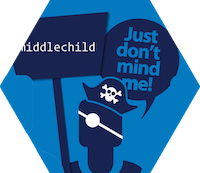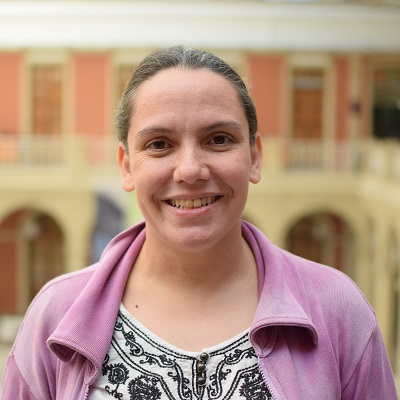All posts (Page 86 of 129)
As part of our series summarizing all projects from this year’s unconf I’m excited to dive into all the security related offerings from this year. (Full set of project recaps: recap 1, recap 2, recap 3, recap 4.) In the spirit of exploration and experimentation at rOpenSci unconferences, these projects are not necessarily finished products or in scope for rOpenSci packages.
🔗
middlechild

Summary: This package provides an R interface to the Man-in-the-middle (MITM) proxy and allows R users to intercept, modify, and introspect network traffic. The package provides functionality to download, install, configure and launch mitmproxy. In addition to helping test API packages and identify dangerous calls, R users can also route their browser traffic through a specific port and capture all network traffic in R.
After Stefanie’s recap of unconf18, this week the blog will feature brief summaries of projects developed at the event: each day 4 to 5 projects will be highlighted. (Full set of project recaps: recap 1, recap 2, recap 3, recap 4) In the following weeks, a handful of groups will share more thorough posts about their work.
In the spirit of exploration and experimentation at rOpenSci unconferences, these projects are not necessarily finished products or in scope for rOpenSci packages.
...We held our 5th annual unconference in Seattle, May 21-22, 2018 at Microsoft’s Reactor space. Researchers, students, postdocs and faculty, R software users and developers, and open data enthusiasts from academia, industry, government, and non-profits came together for two days to hack on projects they dreamed up and for an opportunity to meet and work together in person. We brought together 60 people from 11 countries in 5 continents - North and South America, Europe, Australia and Africa. Nearly one third of US states were represented!...
R package test suites that include HTTP requests are dependent on an internet connection being up, the internet connection speed, changing behavior of the remote server, as well as changing response formats/data from a remote server. We ideally want to test functionality of our package relative to some known data that isn’t intermittently unavailable or changing. Caveat is that we do want to make sure the package fails well, including fails well in response to server failures, but these responses can be cached....
taxize was seven years old this last Saturday!
🔗
What is taxize?
taxize is designed around making working with taxonomic names easier - abstracting away the details of what each of 20 or so taxonomic data sources require for a given use case.
A samping of use cases covered in taxize (all of these across many different data sources):
- Taxonomic identifier from a taxonomic name and vice versa
- Taxonomic name from a vernacular (common) name and vice versa
- Taxonomic hierarchy/classification from identifier or name
- Taxonomic children of an identifier or name
- All taxa downstream to a certain rank from identifier or name
- Taxonomic name synonyms from identifier or name
- Lowest common taxon and rank for an identifier or name
- Resolve taxonomic names, i.e., fix spelling errors
🔗
History
taxize was one of our first packages. Our first commit was on 2011-05-19, uneventfully adding an empty README:




